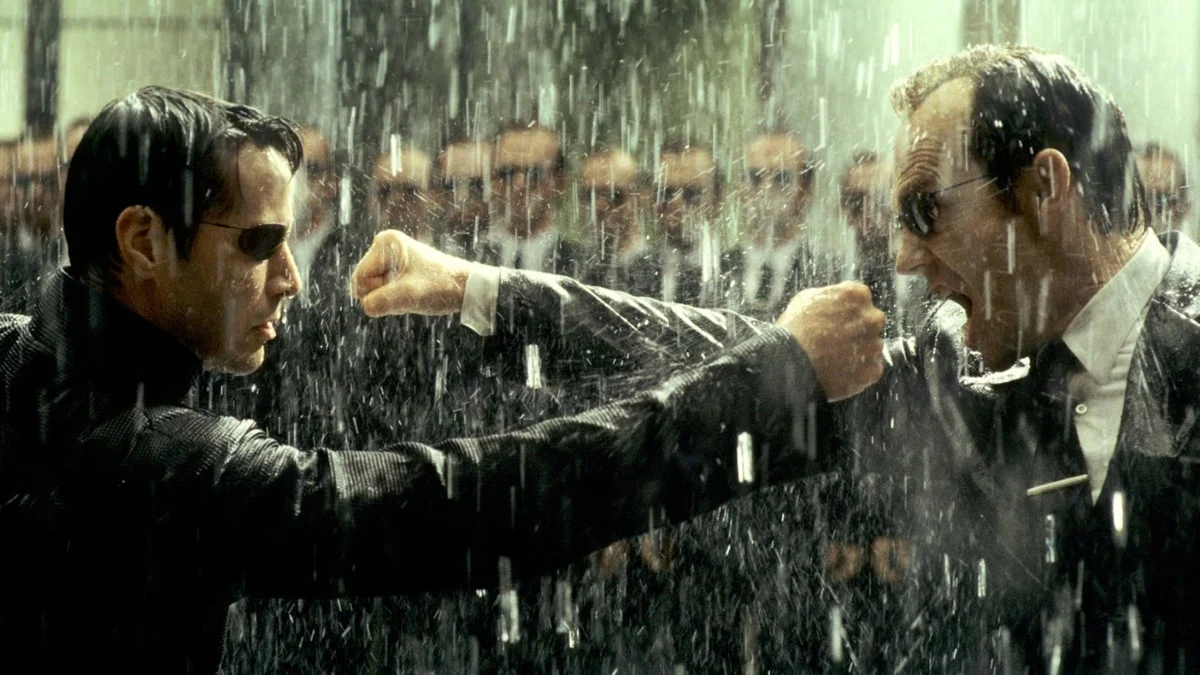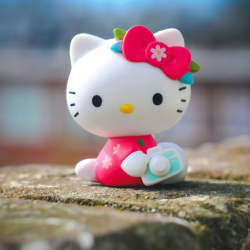I remember the advent of the internet…
I was at university and a couple of science student friends told m about this thing that was mainly used for sending messages to each other. It sounded pointless to me because I saw those two guys pretty much every day, but they were excited and intelligent, so I gave it a go.
A couple of times a week I’d go into one of the internet rooms on campus and check my inbox, only to discover that it was full of hundreds of very long jokes that each person on the email chain had copied and pasted to each other. I’d already heard most of these jokes, so now the internet seemed even more pointless.
Soon after, however, groups began to form. Like-minded people could share facts and opinions about the things that interested them, and now they could find each other, no matter where they lived.
Because you’re reading this with the benefit of 30 years of the internet’s existence, you are fully aware of how wonderful or problematic that might be, but in those days this phenomenon gave rise only to the kind of groups that discussed things that were interesting to science student-types. This was encapsulated in a joke that was often delivered at the time: ‘I don’t see the point of the internet because I’m not into weird porn or Red Dwarf’. (Red Dwarf was a popular sci-fi sitcom of the 1990s.)
So here we are, at some point in the internet’s life, using it to connect with friends and family, but also with very, very particular groups. Check out the range of obscure Subreddits that are followed by thousands of people: r/breadstapledtotrees (313,000 members); r/peoplewithbirdheads (14900 members); and r/chairsunderwater (150,000 members).
Is that the endgame of the original vision of the worldwide web?
To bring anyone together, no matter how odd the common interest? What a great result! I mean, connection is what we all need, isn’t it? It’s the ultimate goal of all art: to make us understand that we are not alone in the world. No matter how unusual we consider our thoughts to be, the internet allows us to know that someone else is having them.
If you’re a libertarian, that is indeed fantastic, but we now know that people can get together based on a mutual interest in things that are very much not helpful for society. The open sewers of QAnon, 8Chan and the dark web have damaged democracy, radicalised the disaffected and enabled crime to flourish.
In the early 2000s an advertising campaign for AOL took both sides, running brilliant commercials explaining that the internet was a good thing, alongside equally excellent commercials explaining that the internet was a bad thing. Fascinatingly, both sides were 100% correct. Like guns, religion and money, the internet is not intrinsically good or bad, but people are remarkably able to make it one or the other (or neither).
That’s the point of connection: you have to leave human beings to get on with it. If the internet didn’t exist, as it didn’t for the vast majority of human existence, we would of course find ways to combine. We always have and we always will. Human beings are social creatures who will form tribes anywhere, from school, to jail to Love Island. It’s why Stockholm Syndrome exists, and it’s why Tom Hanks made friends with a volleyball.
So find your tribe, and rejoice in your collective idiosyncrasies. Just don’t plan to overthrow any governments (unless you really, really have to).
Featured image: The Matrix




























